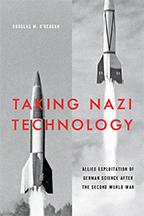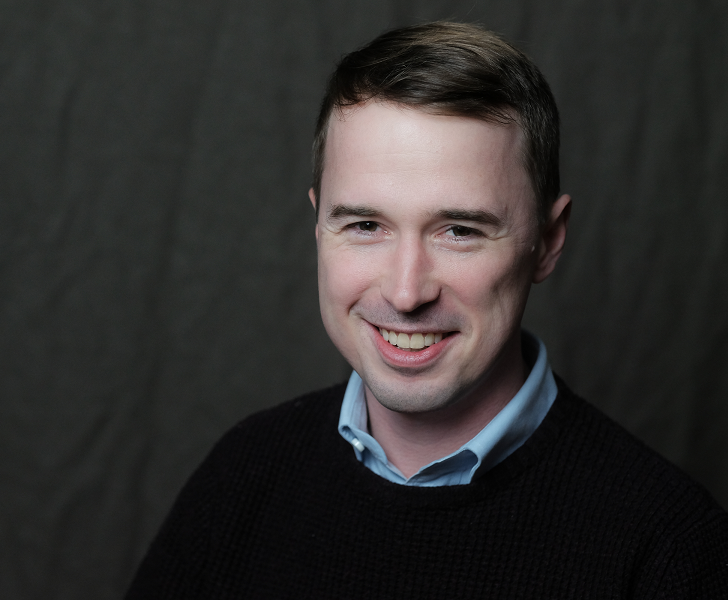
Douglas O'Reagan discusses the Allied effort to appropriate German science, technology, and industrial capability during and after World War II.

Douglas O'Reagan discusses the Allied effort to appropriate German science, technology, and industrial capability during and after World War II.
In this episode of Perspectives, we speak with Douglas O'Reagan, author of Taking Nazi Technology: Allied Exploitation of German Science after the Second World War.
In his book, Douglas O'Reagan discusses the Allied effort to appropriate German science, technology, and industrial capability during and after World War II. As O'Reagan explains, Germany's longstanding reputation for scientific and technological excellence, beginning in the nineteenth century, was bolstered by the waves of German-Jewish émigré scientists fleeing Nazi persecution in the 1930s and 1940s. As a result, the Allies were fearful of the potential technological capabilities of the Nazis and were determined to learn from and exploit that knowledge as much as possible during and after the war.
However, the United States and the United Kingdom came to realize that, despite collecting copious and detailed notes on German science, technology, and industry and writing highly detailed reports on their findings, they were often missing the "know-how" that came with actual on-the-job or in-the-lab training. The French, seemingly more aware of the importance of tacit knowledge and the context in which work gets done (and also interested in surveilling the Germans lest they try to rebuild their military apparatus after the war) embedded students in laboratories and factories in order to learn from German experts in real world conditions. The French efforts to learn from German science and technology proved fruitful, whereas the Americans and British found their own reports relatively ineffective.
O'Reagan's book, detailing the largest-scale effort at technology transfer in world history, conveys the importance of tacit knowledge and situational context for knowledge creation, told from the perspectives of the United States, United Kingdom, France, and the Soviet Union in their attempts to take Nazi technology and science.
To cite this podcast, please use footnote:
Douglas O'Reagan, interview, Perspectives, Consortium for History of Science, Technology and Medicine, November 8, 2021, /video/129.
 Douglas O'Reagan is a historian of technology, industry, and national security, and received his Ph.D. in history from the University of California, Berkeley. He was a 2012 to 2013 Dissertation Research Fellow at the Consortium for History of Science, Technology and Medicine.
Douglas O'Reagan is a historian of technology, industry, and national security, and received his Ph.D. in history from the University of California, Berkeley. He was a 2012 to 2013 Dissertation Research Fellow at the Consortium for History of Science, Technology and Medicine.
Closed-captioning available on Youtube.
The Consortium's collections provide many opportunities to learn more about inventors, innovation, and American business history.
Our cross-institutional search tool allows researchers to investigate materials across multiple institutions from a single interface. With more than 4.4 million catalog records of rare books and manuscripts, the Consortium's search hub offers scholars and the public the ability to identify and locate relevant materials.
Georg Bredig Papers, Science History Institute
Gabor B. Levy Papers, Science History Institute
O. Theodor Benfey Papers, Science History Institute
Ryan Dahn, Nazi Entanglement: Pascual Jordan, Quantum Mechanics, and the Legacy of the Third Reich
© 2025 Consortium for History of Science, Technology and Medicine | Copyright Infringement